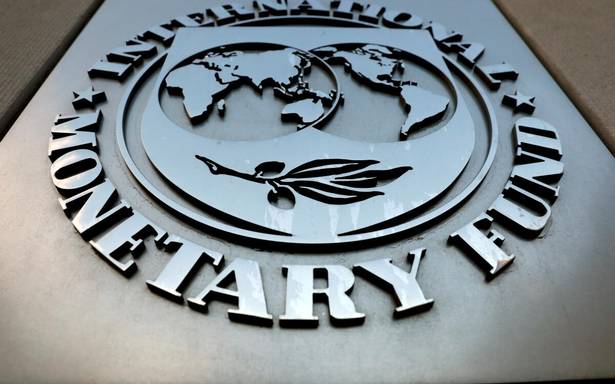“On the economic front, therefore, even though the situation is improving, the priority remains to address the health emergency,” IMF’s Fiscal Affairs Department Deputy Director said.
As the Indian economy recovers from the COVID-19 pandemic that hit it hard, it is important for the country to focus on public investment, particularly in green sectors, the International Monetary Fund said on Wednesday.
“As we move towards the recovery, it is also important to focus on public investment, particularly on green investment, so that the recovery can be inclusive and green,” IMF’s Fiscal Affairs Department Deputy Director Paolo Mauro told reporters during a news conference here.
He said India’s debt is at the ratio of about 90 per cent, and it is important to give a signal that there is a medium-term fiscal framework in place that ensures investors that the debt ratio will decline in the medium term.
Responding to a question, Mr. Mauro said the situation is improving when it comes to the epidemic.
It is very different from a few months ago, he said, adding, fortunately, the number of cases is declining and the vaccination is becoming more widespread.
“On the economic front, therefore, even though the situation is improving, the priority remains to address the health emergency. It remains to provide ample support, particularly to the poorer segments of the population through social protection, employment benefits, and so on,” Mr. Mauro said.
“In terms of more recent reforms, one that I would like to highlight is the National Asset Reconstruction Company, the so-called bad bank. This is potentially very promising because it is important to tackle non-performing loans,” he said.
This has been a long-standing drag on credit, and potentially this is very promising, he added.
“It is very important that both the governance and the independence of such so-called bad banks be in place so that the costs to public finances can be kept under control and one can go back to promoting inclusive growth,” Mr. Mauro said.
Source: Read Full Article

